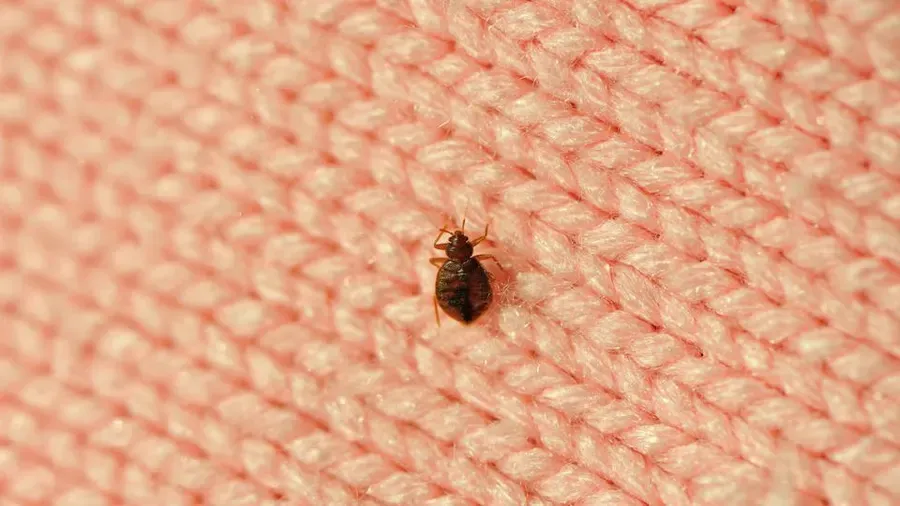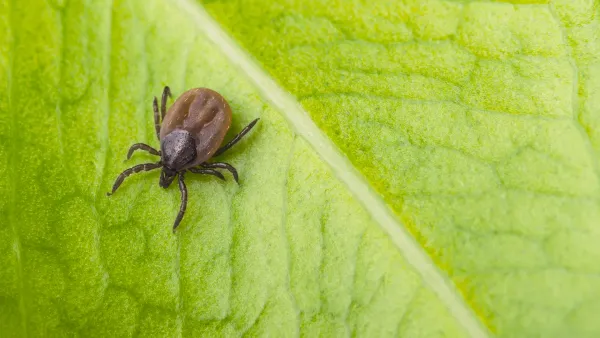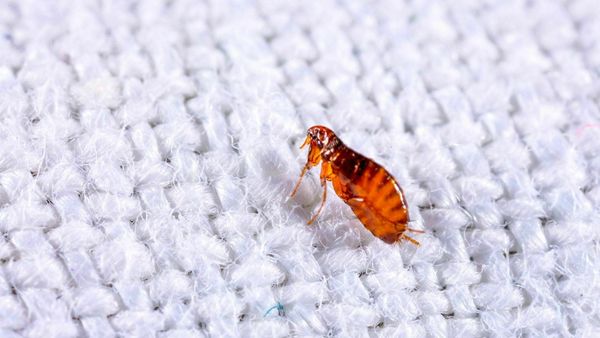Bed bugs are insidious pests that can turn your peaceful home into a living nightmare. Known for their stealthy nature and the discomfort they cause, these tiny bugs are often hard to spot until an infestation is in full swing. However, early detection is key to effective bed bug control. To help you stay vigilant, here's a comprehensive guide on the early signs of bed bugs.
What are Bed Bugs?
Before diving into the signs of an infestation, it's important to understand what bed bugs are. Bed bugs (Cimex lectularius) are tiny, oval-shaped insects that feed on human blood. These pests are nocturnal and are most active during the night when their hosts are sleeping.
Signs of a Bed Bug Infestation
1. Unexplained Bites
The first sign that you might have a bed bug infestation is often unexplained skin bites. These bites usually appear as small, red, and itchy bumps, often in a line or grouped together. However, everyone reacts differently to bed bug bites, so you may also experience larger welts or no reaction at all.
2. Dark Spots on Bedding and Furniture
Bed bugs are messy eaters and tend to leave behind small dark spots or stains from their feces. These spots are often seen on bedding, mattresses, box springs, and other areas where bed bugs hide.
3. Discarded Skins and Egg Shells
As bed bugs grow, they molt and shed their exoskeletons. These discarded skins look like smaller, translucent versions of the bugs. Additionally, bed bug egg shells, which are tiny, pearly-white, and about 1 mm in size, may be found in hiding spots.
4. Unpleasant Odor
In large infestations, you might notice a musty, sweet, or "buggy" smell. This is caused by bed bugs' scent glands and is often described as similar to the smell of coriander or rotten raspberries.
5. Live Bed Bugs
Finally, the most conclusive sign of an infestation is seeing live bed bugs. These bugs are small (about the size of an apple seed) and reddish-brown. They often hide during the day, so you may need to look in crevices, seams of mattresses, and behind headboards.
Taking Immediate Action
If you notice any of these signs, it's essential to act immediately. Bed bugs multiply rapidly, and a small problem can quickly become a severe infestation. Contact a pest control professional who specializes in bed bug removal. They can confirm the infestation and recommend the best treatment method.
Preventing Bed Bug Infestations
Prevention is the best cure for bed bugs. Regularly inspecting your home, especially after traveling, can help catch an infestation early. Use a high-quality protective mattress cover, reduce clutter where bed bugs can hide, and regularly wash and heat-dry your bedding.
The Importance of Early Detection
As outlined above, early detection is a crucial step in controlling and eliminating a bed bug infestation. These creatures multiply rapidly - a single female bed bug can lay up to 500 eggs in her lifetime. So, even a minor delay can turn a manageable issue into a full-blown crisis.
Moreover, a larger infestation is significantly more challenging to get rid of. Bed bugs are known for their resilience and resistance to many common pesticides. As the population grows, they spread out into harder-to-reach areas, making extermination efforts increasingly complex.
Professional Pest Control Vs. DIY Methods
The DIY approach might seem appealing due to potential cost savings. However, it's worth noting that effective bed bug eradication requires specialized knowledge and tools. Over-the-counter pesticides often fall short, and improper usage can even exacerbate the problem by spreading the infestation.
On the other hand, professional pest control services are equipped with the expertise and resources needed to handle a bed bug infestation thoroughly. These professionals employ a combination of methods, including heat treatment, chemical treatment, and even canine detection, ensuring a more comprehensive and lasting solution.
The Impact of Bed Bugs on Mental Health
An often overlooked aspect of bed bug infestations is their impact on mental health. Having your personal space invaded by these pests can lead to feelings of anxiety, distress, and even insomnia. Furthermore, the persistent itching and discomfort from bed bug bites can add to these psychological stresses. Therefore, swift action against an infestation isn't just a matter of physical comfort, but also an essential part of preserving mental well-being.
Common Misconceptions About Bed Bugs
A significant challenge in bed bug control is the misinformation surrounding these pests. Many people mistakenly believe that bed bugs are a sign of poor hygiene or unsanitary conditions. However, bed bugs are not attracted to dirt or decay, but rather, they are attracted to warmth, carbon dioxide, and blood - making any human dwelling an appealing target. This underscores the importance of regular inspection, regardless of the cleanliness of your home.
Another misconception is that bed bugs are nocturnal creatures. While they are most active during the night, bed bugs can adapt their feeding schedule to match their host's sleep patterns, meaning they can be a problem at any time.
A Call to Vigilance
Bed bugs are one of the most challenging pests to deal with, given their small size, rapid reproduction, and ability to hide. However, being equipped with the correct information about their early signs, habits, and effective control methods can significantly minimize the impact they can have on your life.
In the fight against bed bugs, remember that vigilance is your greatest weapon. Regularly inspect your living spaces, particularly after trips away from home, and keep a keen eye on any changes that may indicate their presence.
Conclusion
Bed Bug Excrement
As you learn to recognize the early signs of bed bugs, pay close attention to your bed frame, mattress seams, and surrounding areas for any signs of bed bug eggs, adult bed bugs, or their excrement. Dead bed bugs or their shed skins can also indicate an ongoing problem. It's important to know that bed bugs leave dark spots from their excrement after they feed, and these can often be found in the same areas as live or dead bugs.
If you spot a bed bug bite, suspect bed bugs immediately, as these nocturnal pests feed on human blood, leaving behind characteristic bite marks. While female bed bugs lay their eggs in hidden spots, the adult bugs can often be seen upon careful inspection, particularly at night.
In conclusion, vigilance and knowledge are your best tools to find bed bugs early and prevent a major infestation. If you do identify a bed bug problem, act swiftly to kill bed bugs and ensure they leave your home for good. Whether you're dealing with a minor infestation or a full-blown crisis, professional pest control services can offer comprehensive solutions to restore peace in your home. Remember, the sight of bed bugs, their eggs, or excrement, should prompt immediate action to protect your living space.






